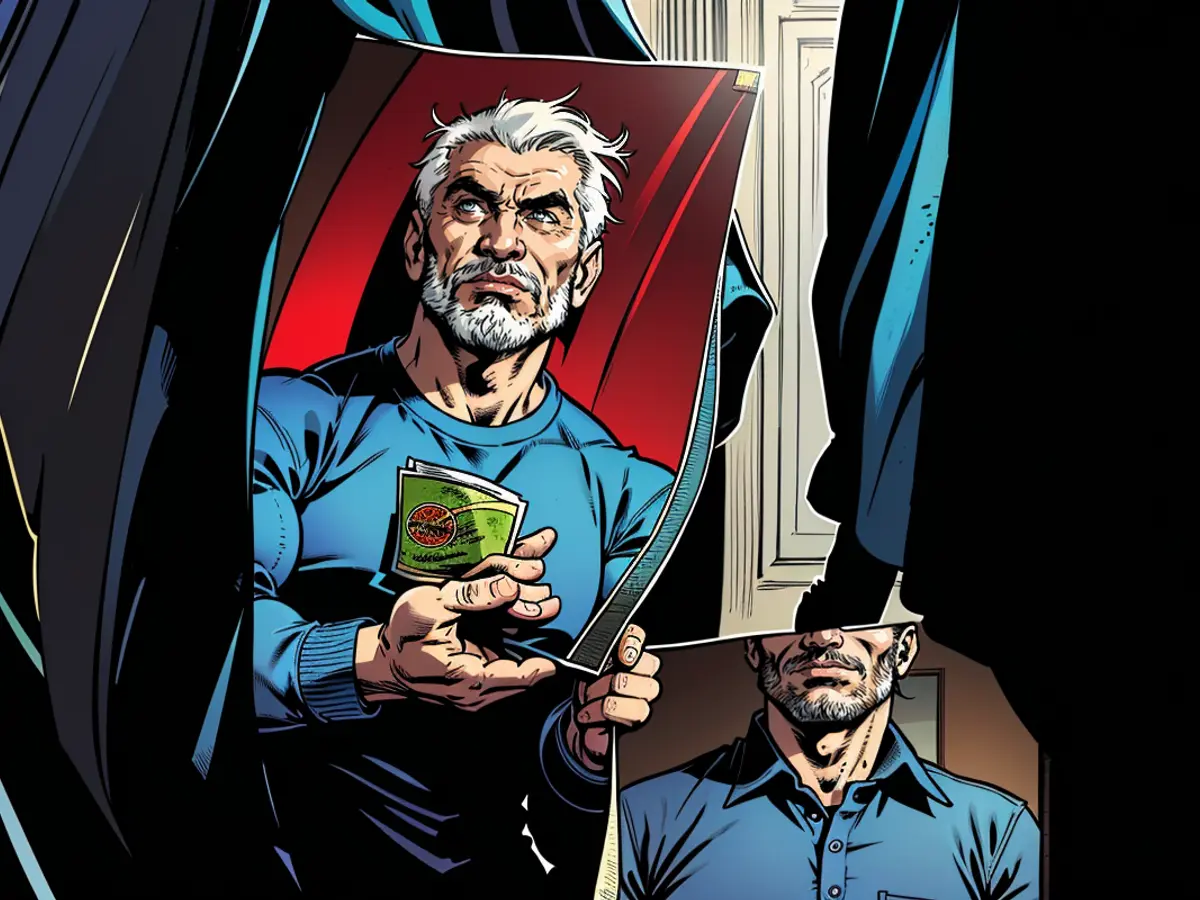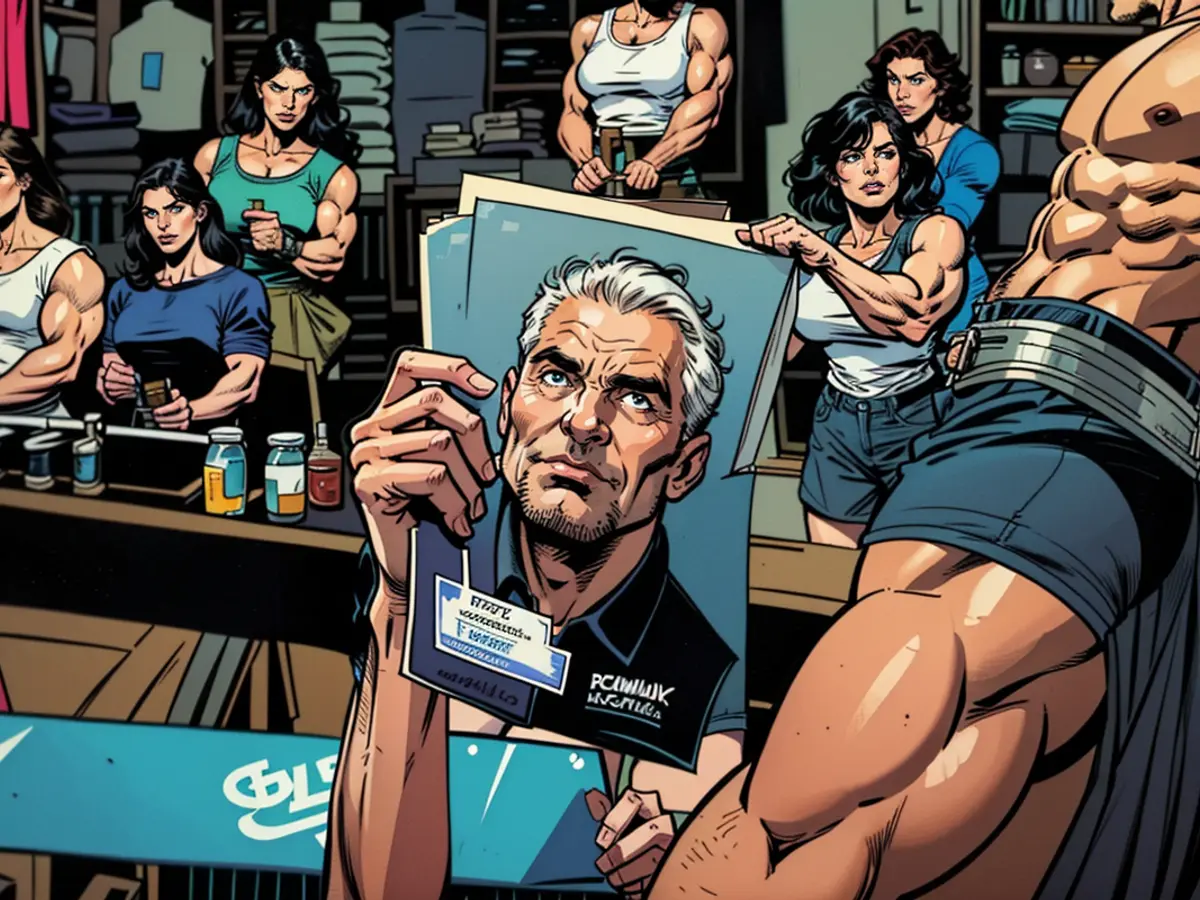Reformers and hardliners neck and neck in Iran election
On May 19th, the Iranian President dies in a helicopter crash. A few weeks later, the population could determine a successor from four candidates. The race is tight, turnout low.
In the unexpected presidential election in Iran, the moderate politician Massud Peseschkian and the hardliner Said Jalili advance to a runoff. The former health minister Peseschkian received the most votes with 42.5 percent. Jalili, the ultraconservative former nuclear negotiator for the Iranian Atomic Program, received 38.7 percent of the votes. A spokesperson for the election commission announced this on Iranian state television. The runoff will take place on July 5.
Behind Peseschkian and Jalili was the incumbent Parliament Speaker Mohammed Bagher Ghalibaf with roughly 13.8 percent of the votes on the third place. The Islamic Cleric Mostafa Purmohammadi received fewer than one percent of the votes, trailing significantly.
Approximately 61 million citizens of the Islamic Republic were called to vote on Friday. The election commission counted slightly over 24 million cast votes. With a turnout of historically poor 40 percent, this represents a significant decrease from the approximately 49 percent turnout in the previous presidential election in 2021.
Little Hope for Improvement
Most citizens of the country, especially young people, have lost faith in significant domestic political changes. Some activists and the incarcerated Peace Nobel laureate Narges Mohammadi called for a boycott of the election. Political power in Iran has been held by the spiritual leader of the country since the Revolution in 1979. The president is responsible for implementing the political guidelines set by the spiritual leader.
The originally planned election for 2025 had to be brought forward due to the conservative incumbent Ebrahim Raisi's death in a helicopter crash on May 19th. The election is being closely watched abroad, as Iran is a major political power in the region and involved in several conflicts, such as the Gaza War.
No Free Elections
The candidates debated primarily about ways to alleviate the enormous economic crisis in the country during the campaign. The country needs investments in the billions. However, Iran is subject to international sanctions due to its controversial Atomic Program and largely cut off from the global financial system.
Iran's political system combines republican and theocratic elements since the 1979 Revolution. Free elections do not exist: The Guardian Council's oversight committee always scrutinizes candidates' qualifications. Criticism of the system is not tolerated, as the suppression of protests in recent years demonstrated.
In light of the unexpected presidential elections in Iran, international interest is heightened, given Iran's significant role in regional politics and involvement in conflicts like the Gaza War. Despite the debates focusing on alleviating the country's economic crisis, Iran's political system, a mix of republican and theocratic elements, lacks free elections, with the Guardian Council's oversight committee scrutinizing candidates' qualifications.









